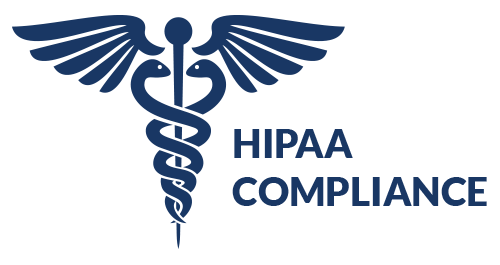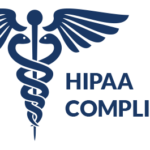
Navigating HIPAA Compliance in Your Behavioral Health Private Practice
Greetings fellow behavioral health providers in private practice! As dedicated professionals committed to improving the mental well-being of our clients, it’s crucial that we also pay attention to the legal […]
Greetings fellow behavioral health providers in private practice! As dedicated professionals committed to improving the mental well-being of our clients, it’s crucial that we also pay attention to the legal and ethical aspects of our work. One cornerstone of these considerations is the Health Insurance Portability and Accountability Act (HIPAA), which safeguards the privacy and security of our clients’ sensitive information. In this article, we’ll delve into the key points of HIPAA and discuss how it applies to your private practice.
Understanding HIPAA
HIPAA, passed in 1996, is a federal law that sets standards for the protection of individuals’ health information. It ensures that sensitive health data, known as Protected Health Information (PHI), is kept confidential and secure while allowing for the flow of health information needed to provide quality healthcare services. As behavioral health providers, we handle sensitive information daily, making HIPAA an essential guide for maintaining trust and professionalism.
Key Components of HIPAA for Behavioral Health Providers
- Protected Health Information (PHI): PHI includes any individually identifiable health information transmitted or maintained by a covered entity (like our private practices). This includes medical records, treatment plans, payment information, and even simple identifiers like names and addresses. It’s important to treat all PHI with the utmost care to maintain client confidentiality.
- Privacy Rule: HIPAA’s Privacy Rule outlines how PHI can be used, disclosed, and accessed. As behavioral health providers, we must obtain written consent from clients before sharing their PHI, except for situations like treatment coordination or legal requirements. This ensures that clients are fully aware of and consent to how their information is being used.
- Security Rule: The Security Rule requires us to implement safeguards to protect electronic PHI (ePHI) from unauthorized access, use, or disclosure. This involves measures like secure passwords, encryption, and regular system audits to prevent data breaches.
- Business Associates: If you work with third-party service providers that have access to your clients’ PHI, such as billing companies or electronic health record (EHR) vendors, they are considered business associates. You must have a signed business associate agreement in place to ensure they also follow HIPAA regulations and protect client information.
- Notice of Privacy Practices: Your clients have the right to know how their PHI will be used and disclosed. Providing them with a clear Notice of Privacy Practices explains their rights and how you handle their information, fostering transparency and trust.
HIPAA and Telehealth
In today’s digital age, many of us offer telehealth services to provide care remotely. It’s important to note that HIPAA applies to telehealth just as it does to in-person sessions. This means using secure platforms and encryption to prevent unauthorized access to ePHI during virtual sessions. Make sure to discuss your chosen telehealth platform’s security features with your clients and include this information in your Notice of Privacy Practices.
HIPAA Violations and Consequences
While unintentional mistakes can happen, it’s essential to be aware of the potential consequences of HIPAA violations. Fines for non-compliance can range from hundreds to millions of dollars, depending on the severity of the breach. Additionally, reputational damage and loss of client trust can significantly impact your practice. By following HIPAA guidelines diligently, you can minimize the risk of breaches and protect your practice’s reputation.
Practical Steps for HIPAA Compliance
- HIPAA Training: Ensure that you and your staff undergo HIPAA training to understand the regulations, security measures, and appropriate handling of PHI.
- Secure Technology: Invest in secure technology solutions, including EHR systems and telehealth platforms with encryption features.
- Written Policies: Develop and implement clear HIPAA policies and procedures for your practice. This includes guidelines for handling, storing, and sharing PHI.
- Business Associate Agreements: Establish business associate agreements with any third-party service providers that have access to your clients’ PHI.
- Consent Forms: Obtain written consent from clients before sharing their PHI, and include this process in your intake paperwork.
- Notice of Privacy Practices: Provide a comprehensive Notice of Privacy Practices to clients, explaining how their information will be used and their rights concerning their PHI.
Conclusion
Navigating HIPAA compliance in your behavioral health private practice is not just a legal obligation; it’s a commitment to the well-being and trust of your clients. By understanding the key components of HIPAA, implementing proper safeguards, and staying informed about changes in regulations, you can ensure the confidentiality and security of your clients’ sensitive information. Upholding HIPAA standards not only demonstrates your professionalism but also contributes to a culture of respect and ethical practice within the behavioral health community.

